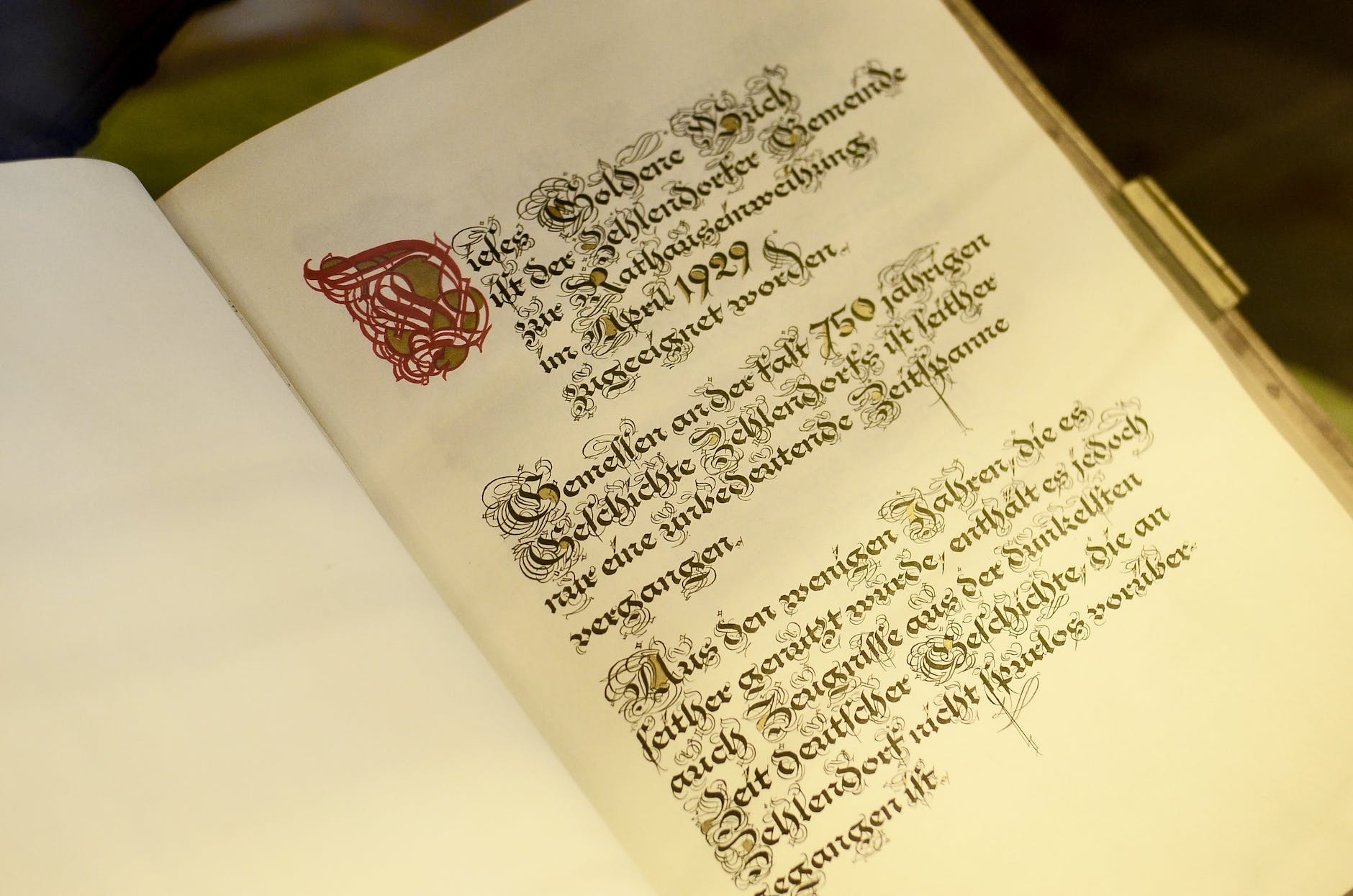Tags
For what ever it is worth to you, I did complete all of the free Wilder episodes before they were removed. In doing so, I noticed another theme borrowed from Bron/Broen and its spin-offs. That of language and cultural clash between very similar ethnic and cultural subgroups.
For Season 2, the focus has moved on from Rosa Wilder’s home town of Oberweis (it was made up) and finds a new crime committed in Thallingen (also made up). Both of these small towns are meant to be located near Rosa’s workplace in Bern but Season 2’s remote location is much closer to the city – and so also closer to the French border. By my guesstimation, this would put the action right on the delineation for the French-speaking and German-speaking regions of northwestern Switzerland. Naturally, there would result some friction between varying cultural traditions.
I did take two years of French in High School but can’t say I have two year’s worth of “learning” to show for it. French or otherwise, I have never been a great language student. I can pick out the occasional word or phrase from a native French speaker but can’t really understand the conversation. My German is far, far worse. Thus, for a time, I could not appreciate the extent to which characters speak the different languages of their region and, often, must switch between them depending on to whom they speak. As I stuck with the series, I started to distinguish between French and German a little better. Notable is the way the Swiss will mix the two, even within a sentence or a single thought. The show’s German-speakers, for example, still regularly use merci for “thanks” and ciao for “greetings.”
In this, the cultural clash as exhibited through language, is itself a theme, almost a character, in the show. Particularly within a rural village, the distinct regional identity is important and it is often best expressed through language. In both seasons, I can now see, a key element of the stories are the foreign immigrants to a small, close-knit community. The Ausländer are Arabs in Season 1 (some of whom speak only English) and Kosovan in Season 2 (from scene to scene, I don’t know what language they are speaking. Mostly German, I presume). Urban Switzerland may be very cosmopolitan but that doesn’t necessarily extend to remote Alpine villages.
Throw into this mix the dialects that are particular to Switzerland. In one episode a French cop explains that he can’t understand the Swiss detectives’ “Swiss German.” I’m sure there is a level of both humor and cultural commentary that I am completely missing out on relying entirely* on subtitles.
Speaking of language… I pronounce the name of the show as any American would. Why-uld-der. At some point, it dawned on me that when the main character was called by her first name, Rosa, I could hear and register it. Yet, when she was addressed by her last name, I would only pick it up in the subtitles. Why would that be?
Because it’s not Why-uld-der, it Vill-der.

*Not entirely of course. As I said, some of the show is in English, even though that is not one of the multitude of official languages of Switzerland.

Pingback: Courser to Fine | et tu, Bluto?